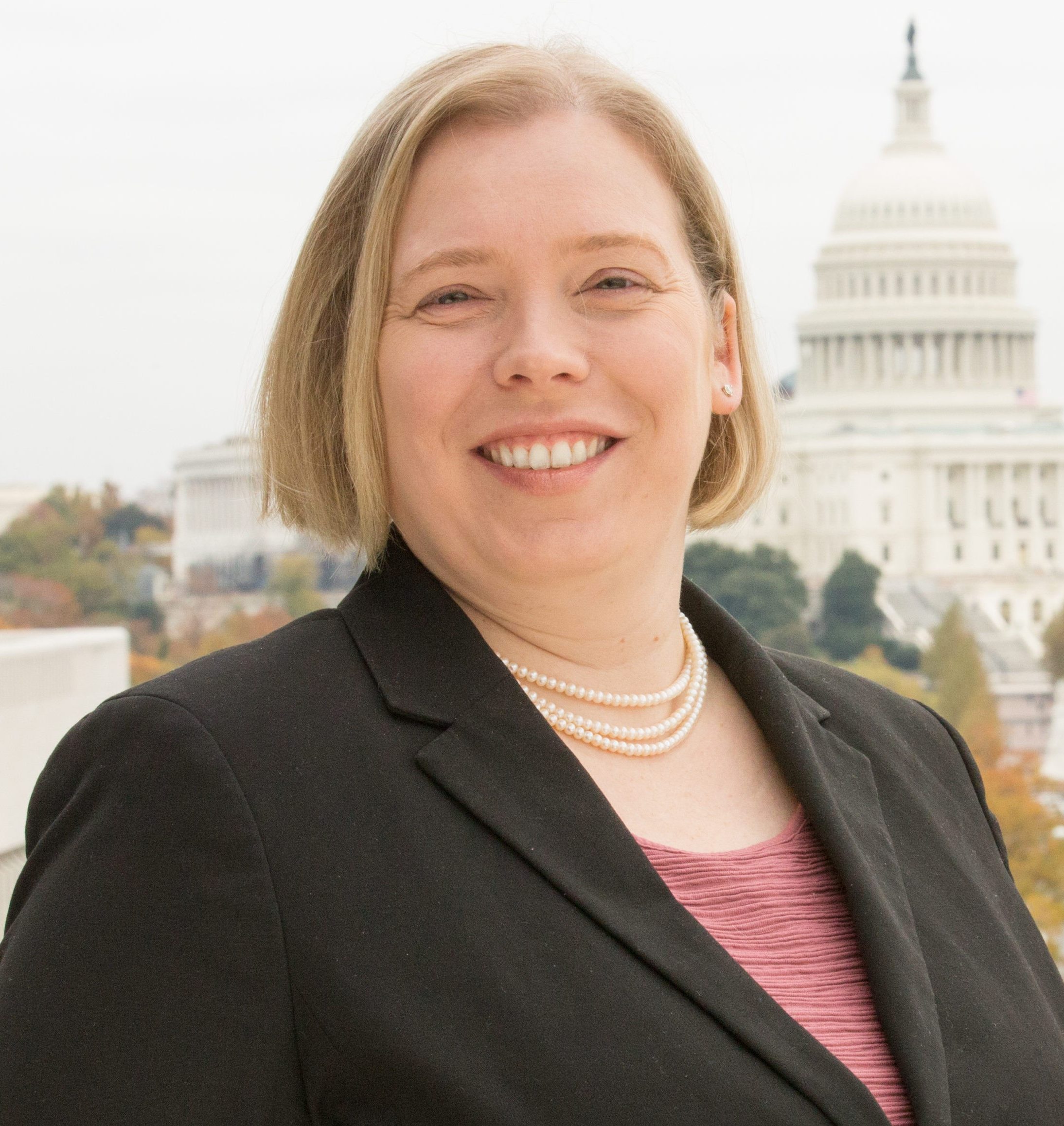The talk of the Baptist world for the past week has been the list of female pastors serving at churches purportedly affiliated with the Southern Baptist Convention.
Pastor Mike Law of Arlington Baptist Church in Arlington, Va., created this partial list by focusing on the states he says were convenient for him: Texas and Virginia. Those states happen to be the two state conventions that resisted the fundamentalist takeover of the SBC in the 1990s and upheld the core Baptist principle that we Baptists answer to the local church, not a denomination.

Jennifer Hawks
There was a high probability these states included churches using the title of “pastor” for female staff members in various capacities.
As a Baptist woman ordained by a Virginia church who attended seminary in Texas, I have many friends and other women I have long admired on the list. The church I currently attend, McLean Baptist in McLean, Va., would have been on the list if we had not formally withdrawn from the SBC in 2000 (something several churches on the list thought they also had done). We’ve ordained women and employed them in full-time pastoral roles since at least the 1980s.
Was I surprised that someone took the time and energy to compile this list? No. Despite the SBC’s insistence that it can’t remove churches from the convention who employ predatory pastors, there have been steady attacks for decades against local churches that dare to bring female pastors within their staff ranks.
“The number of female pastors is increasing. Praise be to God!”
This misguided attempt to silence women and intimidate local churches stumbles onto the truth: The number of female pastors is increasing. Praise be to God!
I grew up in a large, wealthy Southern Baptist church. If the church doors were open, my family was there. I loved learning about God in Sunday school, playing on the church sports teams, exploring the world through missionaries we learned about in GAs, competing in Bible drill (three-year state superior perfect), kicking off summer with vacation Bible school, and volunteering through my church. Several of the “cool kids” from my public junior high school signed my yearbook with references to me being “religious.” My identity was closely intertwined with my SBC church.
Ordination of women was a non-starter at my childhood church. An ordained woman was anathema, proof she was living outside God’s will for her life. My church was so thoroughly committed to the SBC and its exclusion of women as pastors that as a teenager in the 1990s, I never heard a positive word about women having the title of pastor or minister and didn’t question it.
As a rule-follower with deep respect for my pastors and lay leaders who invested in me, I am perhaps the least likely candidate to buck the system or create waves. Yet, I believed what I was taught: God loves everyone; we are all created in God’s image; the Bible is a reliable revelation of God’s truth; Jesus is my salvation; and God has a plan for my life.
When I opened my Bible, I read the story of Deborah, who was both a judge (political leader) and a prophet (religious leader). I couldn’t escape the truth that Mary Magdalene — instead of one of the male disciples — was the first person entrusted with the message of Jesus’ Resurrection. I noted Paul’s commendation in Romans 16 of the ministries of Phoebe (a deacon) and Junia (prominent among the apostles). I could go on and on.
But eventually, I no longer could reconcile my church’s teaching that God would never call and empower women for religious leadership with the stories I was reading in the Bible. My personal journey to ordination may have been circuitous, but the seeds were planted and nurtured in my SBC upbringing.
“My personal journey to ordination may have been circuitous, but the seeds were planted and nurtured in my SBC upbringing.”
Pastor Law and the 2,000-plus signatures he has collected may indeed get the SBC to issue a strong statement against female pastors and expel their churches from the convention this summer. But they are on the wrong side of this fight they keep picking and risk relegating the SBC to the dustbin of history.
If the SBC cannot come to terms with the biblical truth that God calls women into religious service and places us in religious leadership, they will continue to lose gifted, God-fearing women and miss out on the blessings God imparts through our ministries.
Yes, the numbers of Baptist women responding to God’s call is increasing. God called women in biblical times and has continued calling us into service in every generation since. No proclamation of a religious denomination will keep God from speaking to and through half of those created in God’s image.
Jennifer Hawks was ordained by McLean Baptist Church and serves as the associate general counsel at BJC (Baptist Joint Committee for Religious Liberty).
Related articles:
A response to ‘The List’ | Opinion by Alice Cates Clark
I’m one of the female pastors on the SBC’s hit list | Opinion by Carlisle Davidhizar
How dare they publish that list | Opinion by Arthur Wright Jr.


